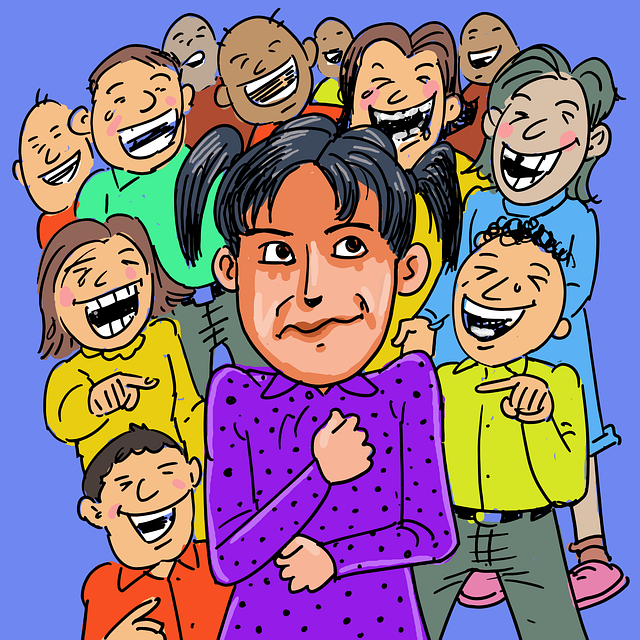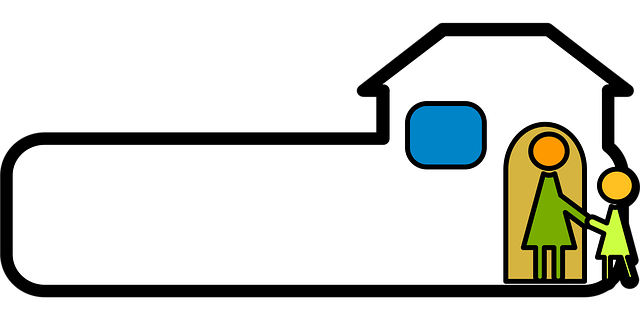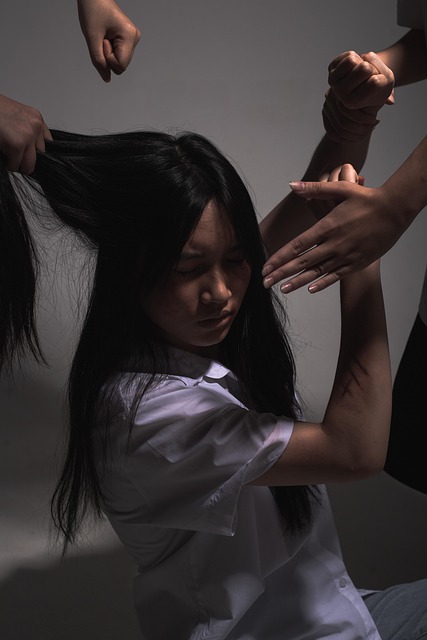Founded in the 19th century, Shelterwood Academy suffered a dark history of systemic abuse against girls from the early 20th century to the mid-1970s. Today, efforts are underway to support and resource former students still healing, including legal aid consultations, specialized counseling, hotlines, advocacy groups, shelters, and support groups that offer trauma therapy, peer support, and coping strategies for emotional healing.
“Shelterwood Academy, a once-reputable institution, has left a complex legacy marked by allegations of abuse. This article offers crucial resources and support for victims seeking healing. We explore the historical context of Shelterwood Academy to understand the extent of the harm inflicted. For legal recourse, we provide an overview of available options and support services tailored to victims’ needs. Additionally, we highlight emotional healing strategies and trauma therapy options, emphasizing the importance of support in their recovery journey.”
- Understanding Shelterwood Academy's Historical Context
- Legal Resources and Support Services for Victims
- Emotional Healing and Trauma Therapy Options
Understanding Shelterwood Academy's Historical Context

Shelterwood Academy, established in the late 19th century, was a prominent educational institution known for its unique approach to education. However, nestled within its historical narrative is a dark chapter marked by allegations of abuse against its students, primarily girls, from the early 20th century through the mid-1970s. This period, now recognized as a time of systemic exploitation and trauma, has prompted a deeper understanding of Shelterwood Academy’s past and its lasting impact on the lives of the victims.
The abuse at Shelterwood Academy is not an isolated incident but rather a symptom of societal norms and power dynamics prevalent during that era. Many institutions, under the guise of discipline and moral education, employed harsh methods that often bordered on physical and emotional cruelty. In light of these historical revelations, efforts have been made to provide resources and support for former students who may still be healing from their experiences. Understanding the context in which this abuse occurred is crucial in ensuring that the voices of Shelterwood Academy abuse victims are heard and acknowledged.
Legal Resources and Support Services for Victims

For those who have experienced abuse at Shelterwood Academy, understanding one’s legal rights and available support services is crucial. Many resources are dedicated to aiding victims in navigating their situation and seeking justice. Legal aid organizations often offer free consultations and guidance on filing complaints or taking legal action against the academy or relevant authorities. These professionals can help interpret laws related to child protection, sexual harassment, and assault, ensuring that Shelterwood Academy abuse victims’ voices are heard.
Support services extend beyond legal avenues, providing essential emotional and psychological assistance. Counseling centers specializing in trauma support can offer therapy sessions tailored to help victims process their experiences. Hotlines and advocacy groups dedicated to protecting children and young adults ensure ongoing support, connecting individuals with similar experiences and resources for healing and recovery. These combined efforts aim to empower Shelterwood Academy abuse victims, enabling them to take control of their lives and pursue justice.
Emotional Healing and Trauma Therapy Options

Shelters and support groups dedicated to aiding Shelterwood Academy abuse victims play a crucial role in their emotional healing journey. These resources offer safe spaces for victims to share their experiences, gain understanding, and receive support from peers who’ve gone through similar trauma. Many organizations employ specialized therapists who utilize evidence-based practices like EMDR (Eye Movement Desensitization and Reprocessing) or cognitive behavioral therapy (CBT) to help individuals process and overcome the psychological effects of abuse.
Individual therapy sessions provide a personalized approach, allowing victims to explore their feelings, understand their experiences, and develop coping strategies tailored to their unique needs. Group therapy, another popular option, offers a sense of community and belonging while facilitating peer support and shared understanding. These therapeutic interventions are instrumental in helping Shelterwood Academy abuse victims reclaim their emotional well-being and build resilient futures.
For those who have experienced abuse at Shelterwood Academy, there are dedicated resources available to support their emotional healing. Understanding the historical context of the institution is a crucial step in navigating the legal and therapeutic options open to victims. By accessing legal support services, trauma therapy, and care specifically tailored for Shelterwood Academy abuse victims, individuals can begin their journey towards recovery and rebuilding their lives.
